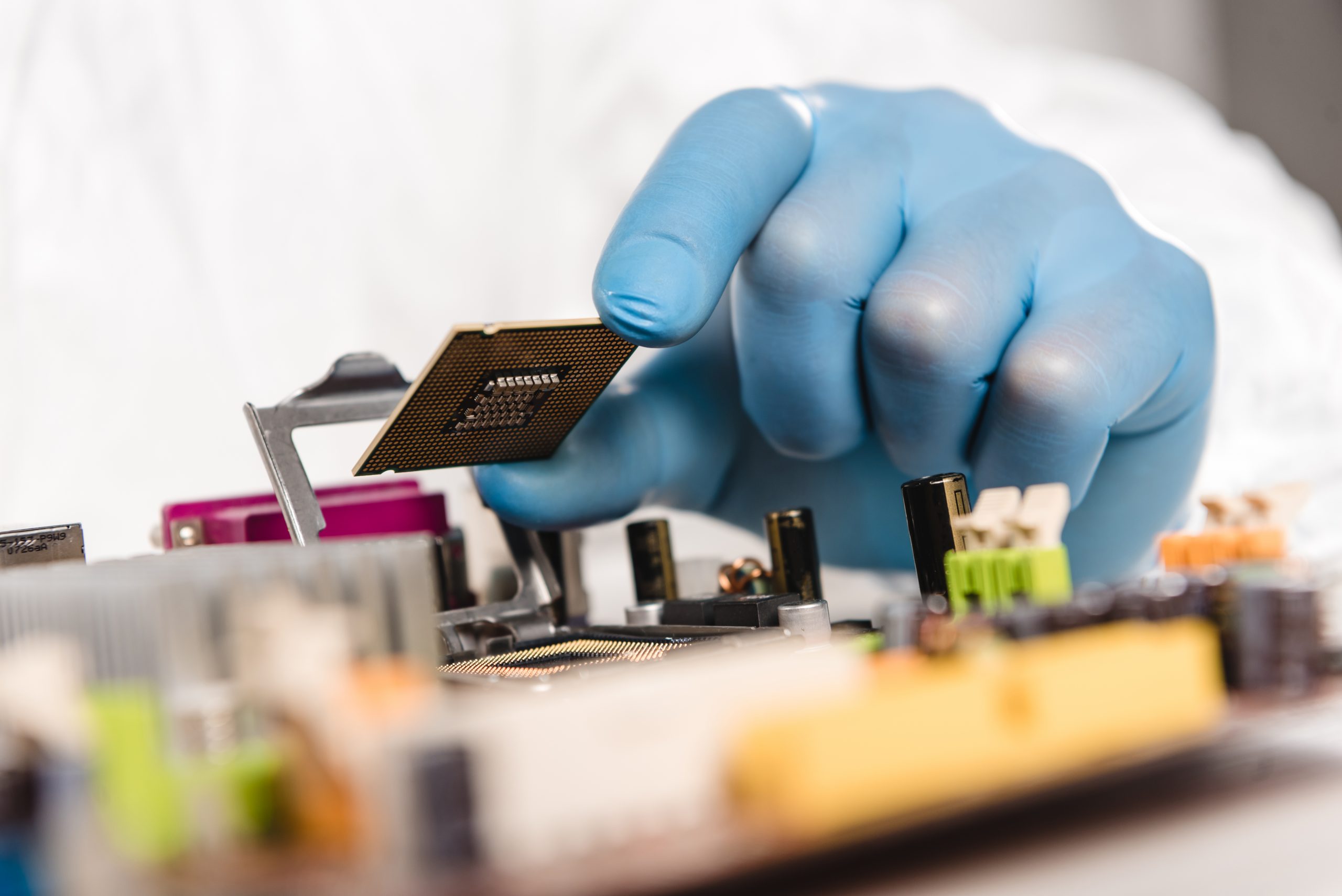Building a Resilient Supply Chain: ASU and Mexican Partnership in the Semiconductor Industry

More from the Category
Semiconductor technology is crucial in powering the modern world, enabling essential functions such as communications, transportation, manufacturing, defense, and more. However, the United States’ share of microchip production had drastically declined from 37% to 12% in the last 30 years, highlighted during the COVID-19 pandemic when supply chain disruptions from East Asia exposed significant economic and security vulnerabilities in the U.S.
To address this issue, the U.S. government introduced the $52 billion CHIPS and Science Act last year to restore domestic manufacturing of advanced semiconductors. Nevertheless, Kevin McGinnis, Managing Director for Strategic Technology Initiatives at Arizona State University, recognizes that bringing every element of the semiconductor supply chain back to the U.S. would be prohibitively expensive, estimating a cost of a trillion dollars. Thus, the focus must shift towards working with regional allies to build supply chain resilience. Mexico is uniquely positioned to join a U.S.-led global supply chain reshuffle due to its strong manufacturing sector, favorable terms of trade, and geographic proximity.
Arizona State University hosted an online panel discussion called North America’s Semiconductor Moment, moderated by McGinnis and presented by Future Tense and Arizona State University’s Convergence Lab. The event aimed to foster innovative microelectronics sector initiatives with industry, government, and academic partners, including a memorandum of understanding signed by ASU President Michael Crow and Esteban Moctezuma Barragán, the Mexican Ambassador to the U.S., to create a cross-border training alliance
Expert perspectives shared during the panel discussion included Rina Pal-Goetzen, Director of Global Policy for the Semiconductor Industry Association, David Talbot, Associate Director for Global Policy for the Milken Institute, and Gerardo Lameda, Head of Cooperation and Education Affairs for the Embassy of Mexico in the United States.

(Image source: Envato)
Panelists agreed that Mexico is a strong partner for the U.S. across various factors, particularly in labor-intensive aspects of semiconductor production. Talbot noted that the U.S. would need help restoring the back end of manufacturing processes due to its low capacity in assembly, testing, and packaging. Talbot emphasized that the U.S. only has 3% of ATP capacity, compared to more than 80% in Asia, underscoring the opportunity for Mexico as the U.S. seeks to shift or diversify supply chains.
Pal-Goetzen noted that the CHIPS Act includes $500 million to support international development, where complementary expertise and competitive advantage can be maximized across the nearshore supply chain. She said the industry evaluates sites for expansion based on several factors, including the trade environment, business environment, reliability of water and electricity supply, and availability of a trained workforce.
The semiconductor industry’s future depends heavily on having a stable and reliable labor force. Sadly, with a shortfall of 50,000 to 100,000 workers across many countries, it seems impossible to address this issue in one location alone. Pal-Goetzen suggests that building stronger partnerships with neighboring countries like Mexico could enhance supply chain resiliency and secure a bright future for the industry. By embracing cross-border collaboration, the semiconductor industry can overcome workforce shortages and keep up with the growing demand for innovative technologies.
Lameda agreed that Mexico’s skilled labor force is ready to support a more self-sufficient North American semiconductor ecosystem, as the country has one of the largest percentages of university graduates in engineering among OECD countries. Mexico’s strategic proximity to the main semiconductor facilities in the U.S., efficient infrastructure and connectivity, and strong bilateral relations with the U.S. also make it an ideal partner. As such, Mexican President Lopez-Obrador, U.S. President Biden, and Canadian Prime Minister Trudeau announced the first-ever trilateral semiconductor forum during the North American Leadership Summit in January of 2023.
ASU will partner with the Semiconductor Industry Association, the Embassy of Mexico, and other key stakeholders to support this important forum and discuss the next steps in strengthening North America’s semiconductor ecosystem. With collaboration, the U.S. and Mexico can enhance supply chain resiliency and create a more self-sufficient semiconductor industry in North America.
Learn more at ASU’s role in boosting state’s semiconductor initiative years in the making and ASU convenes experts to discuss North America’s semiconductor future
Need help sourcing parts? Our IC & Semiconductor Specialists can help you today, on our RFQ page!